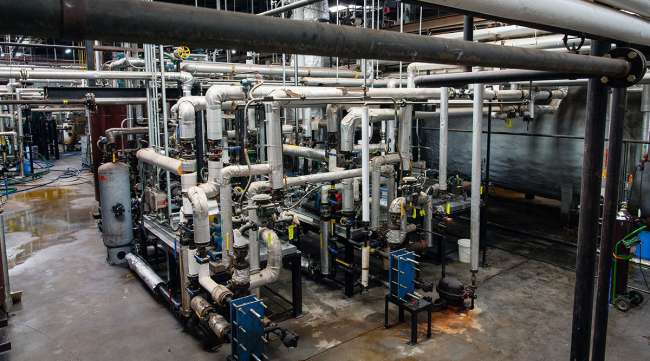Bloomberg News
EPA Probes Biodiesel Supply Chains as Fraud Concerns Mount

[Stay on top of transportation news: Get TTNews in your inbox.]
The Biden administration is following the paper trails of some biodiesel producers amid heightened concern the fuels are at times being made with deceptive ingredients that violate federal law.
The action by the Environmental Protection Agency comes as farm groups and a growing number of lawmakers press the government to address worries that used cooking oil — a valuable ingredient for making renewable fuels — could be fraudulent.
The audits seek to track the source of UCO, with at least two probes nearing completion and others expected to start soon, according to people familiar with the matter. Reuters earlier reported the EPA probes.
The probes follow a wave of UCO coming from China and beyond that is flooding the U.S. market and undercutting producers of American-grown feedstocks, such as soy or corn oil. The scrutiny is tied to EPA policy dating back at least two years, with the agency long planning audits of company records tracking their collection of UCO from various sources.
RELATED: American Farmers’ Next Hot Commodity Is Canola for Biofuels
Want more news? Listen to today's daily briefing above or go here for more info
An EPA spokesperson described the inspections as part of “routine evaluation of compliance” with U.S. biofuel policy.
“EPA has conducted inspections of renewable fuel producers which include, among others, an evaluation of the locations that used cooking oil used in renewable fuel production was collected,” the agency said in an emailed statement. The agency declined to elaborate or identify producers.
RELATED: ATA, 8 Others Ask EPA to Adjust Biofuel Output Volumes
It’s unclear if the EPA has a presumption about possible fraud taking place, which includes suspicion that UCO from Asia may not be authentic and instead is mixed with fresh vegetable oils, such as palm, potentially distorting commodity values and undermining U.S. biofuel laws.
Palm, one of the world’s most widely used vegetable oils, is a bane to environmentalists and many countries because the industry is tied to labor abuses and is a key driver of deforestation in places like Indonesia.




